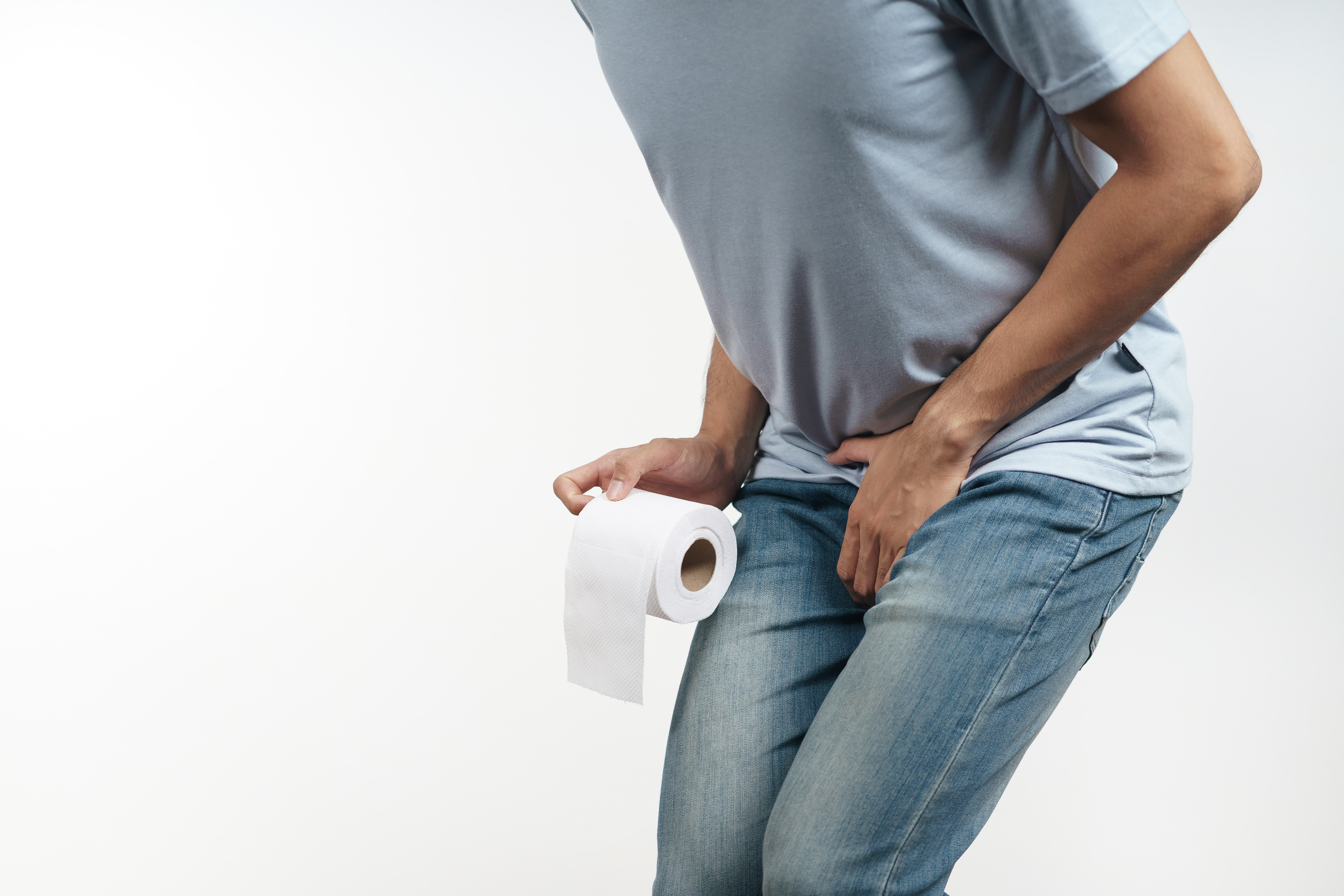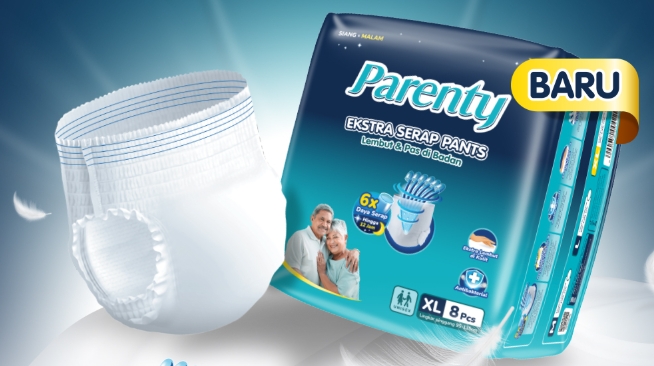Urinary incontinence is a condition where a person has difficulty controlling the release of urine, which can occur suddenly or repeatedly. Although it is often associated with old age, urinary incontinence can be experienced by various age groups with different risk factors. So, who is at risk of experiencing this condition? Check out the explanation below.
What is Incontinence?
Incontinence is a medical condition characterized by the loss of bladder or bowel control, resulting in the involuntary leakage of urine or stool. It can affect anyone but is more common in older people, women after childbirth, and people with certain medical conditions.
Types of Incontinence:
- Urinary Incontinence: The inability to hold back urination.
- Stress incontinence: Leakage of urine when coughing, sneezing, laughing, or exercising.
- Urge incontinence: A strong and sudden urge to urinate, followed by urine leakage.
- Overflow incontinence: The bladder does not empty completely, so urine leaks continuously.
- Functional incontinence: Inability to reach the toilet on time due to physical or mental problems.
- Fecal Incontinence: The inability to hold a bowel movement.
Who is at Risk of Urinary Incontinence?
Urinary incontinence, or the inability to control urination, can affect anyone, but some groups of people have a higher risk. Here are some factors and groups that increase the risk of developing urinary incontinence:
1. Elderly
Aging is one of the main factors that increase the risk of urinary incontinence. As we age, the muscles around the bladder weaken, making it difficult to hold urine properly. Based on data from the National Institute on Aging, about 30% of women and 15% of men over the age of 65 experience urinary incontinence.
2. Women, Especially After Childbirth
Women have a higher risk than men of experiencing urinary incontinence. This is due to hormonal factors and the different anatomy of the female body. <Pregnancy, normal labor, and menopause can weaken the pelvic floor muscles that play a role in holding urine. A study in the American Journal of Obstetrics and Gynecology states that about 40% of women who have given birth experience urinary incontinence later in life.
3. Obese Patients
Excess weight puts extra pressure on the bladder and surrounding muscles, which can increase the risk of urine leakage. <According to a study in the Journal of Urology, every 5 unit increase in BMI (Body Mass Index) increases the risk of urinary incontinence by 50%. Therefore, maintaining an ideal body weight is highly recommended to reduce this risk.
4. Diabetes Patients
Diabetes can cause nerve damage (neuropathy), which affects bladder control and leads to urinary incontinence. People with diabetes also often experience increased urine production due to high blood sugar levels, which makes them go to the bathroom more often. Data from the American Diabetes Association shows that about 50% of people with type 2 diabetes have impaired bladder function.
5. Patients with Neurological Disorders
Some neurological conditions such as stroke, Parkinson's disease, and multiple sclerosis can damage the nerves that control bladder function. This can lead to loss of control over urine output. Research in the Neurology Journal showed that about 37% of people with Parkinson's experience urinary incontinence due to nerve disorders that affect the bladder muscles.
6. Frequent Consumers of Caffeine and Alcohol
Caffeine and alcohol have diuretic properties that can increase urine production and accelerate the urge to urinate. Excessive consumption of these two substances can worsen the symptoms of urinary incontinence, especially for those who already have a sensitive bladder.
7. Men with Prostate Disorders
Men who have an enlarged prostate (Benign Prostatic Hyperplasia/BPH) or who have undergone prostate removal surgery are at risk of urinary incontinence. An enlarged prostate can press on the bladder and urethra, leading to urine leakage or a frequent urge to urinate.
8. Patients with Chronic Constipation
Chronic constipation causes excess pressure on the pelvic floor muscles, which can weaken bladder control in the long run. People who are frequently constipated are more prone to urinary incontinence than those who have a smooth digestive system.
9. Users of Certain Drugs
Some types of medications, such as diuretics, tranquilizers, and high blood pressure medications, can increase the risk of urinary incontinence. Diuretic drugs, for example, can increase urine production, which can lead to leakage if bladder control is weak.
Urinary incontinence is not only a problem experienced by the elderly but can also affect various age groups with different risk factors. <Maintaining an ideal body weight, controlling caffeine and alcohol intake, and exercising regularly to strengthen the pelvic floor muscles are some ways to reduce the risk of urinary incontinence.
If you experience symptoms of urinary incontinence, consult a doctor immediately for proper diagnosis and treatment. The sooner it is treated, the greater the chances of controlling the condition and improving the quality of life.









